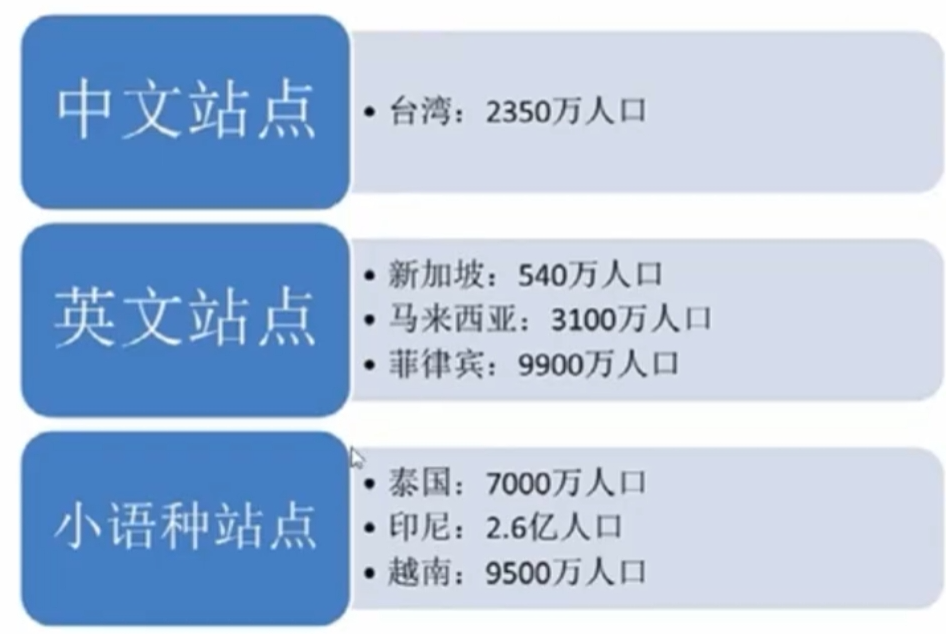一、题目链接
十字爆破
二、题目描述
牛牛在玩一个游戏:
一共有n行m列共nm个方格,每个方格中有一个整数。
牛牛选择一个方格,可以得到和这个方格同行、同列的所有数之和的得分。
例如:对于一个22的方格:
1 2
3 4
牛牛选择每个方格的得分如下:
6 7
8 9
因为1+2+3=6,1+2+4=7,1+3+4=8,2+3+4=9。
现在牛牛想知道下一步选择每个格子的得分情况,你可以帮帮他吗?
输入描述:

输出描述:

备注
本题输入和输出数据量较大,尽量使用scanf或更快的IO方式~
三、答案解析
算法思路
模拟即可,但是由于数据量过⼤,我们可以提前把每⼀⾏以及每⼀列的和存起来,⽅便统计总和。
编写代码
解法一:暴力遍历,这种方法很容易想到,并且也容易编写出代码,但是会超时
import java.util.Scanner;
public class Test2 {
public static void main(String[] args) {
Scanner in = new Scanner(System.in);
int n = in.nextInt();
int m = in.nextInt();
long[][] pes = new long[n][m];
for (int i = 0; i < n; i++) {
for (int j = 0; j < m; j++) {
pes[i][j] = in.nextLong();
}
}
long[][] ret = new long[n][m];
for (int i = 0; i < n; i++) {
for (int j = 0; j < m; j++) {
long sum = 0;
for (int k = 0; k < n; k++) {
sum += pes[k][j];
}
for (int k = 0; k < m; k++) {
sum += pes[i][k];
}
ret[i][j] = sum - pes[i][j];
System.out.print(ret[i][j] + " ");
}
System.out.println();
}
}
}
解法二:提前把每⼀⾏以及每⼀列的和存起来,然后输入输出使用快速的IO方式,解答如下所示
import java.util.*;
import java.io.*;
public class Main {
public static Read in = new Read();
public static PrintWriter out = new PrintWriter(new BufferedWriter(new OutputStreamWriter(System.out)));
public static void main(String[] args) throws IOException{
int n = in.nextInt();
int m = in.nextInt();
long[][] arr = new long[n][m];
long[] row = new long[n];
long[] col = new long[m];
for(int i = 0;i<n;i++){
for(int j = 0;j<m;j++){
arr[i][j] = in.nextInt();
row[i] +=arr[i][j];
col[j]+=arr[i][j];
}
}
for(int i = 0;i<n;i++){
for(int j=0;j<m;j++){
out.print((row[i]+col[j]-arr[i][j])+" ");
}
out.println();
}
out.close();
}
}
class Read // 自定义快速读入
{
StringTokenizer st = new StringTokenizer("");
BufferedReader bf = new BufferedReader(new InputStreamReader(System.in));
String next() throws IOException {
while (!st.hasMoreTokens()) {
st = new StringTokenizer(bf.readLine());
}
return st.nextToken();
}
String nextLine() throws IOException {
return bf.readLine();
}
int nextInt() throws IOException {
return Integer.parseInt(next());
}
long nextLong() throws IOException {
return Long.parseLong(next());
}
double nextDouble() throws IOException {
return Double.parseDouble(next());
}
}
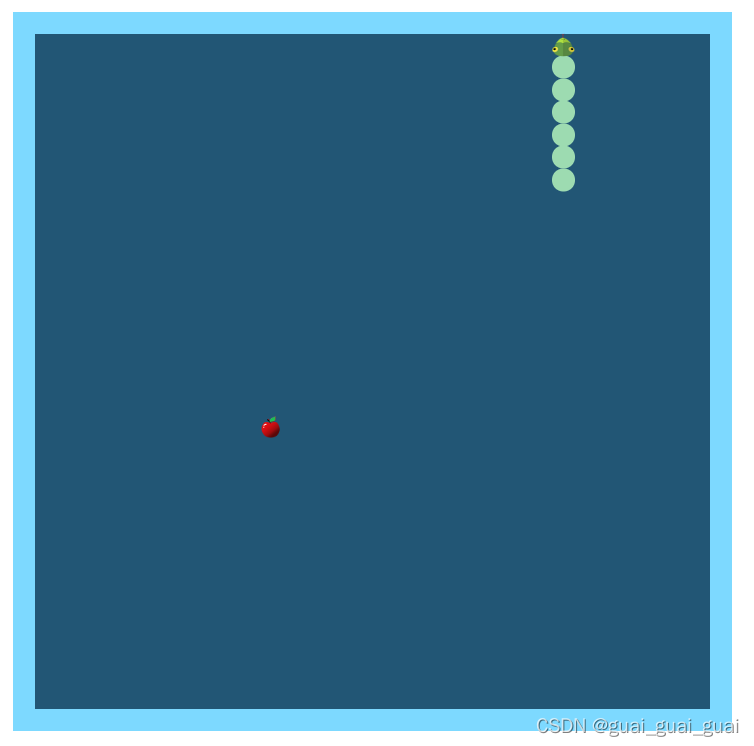

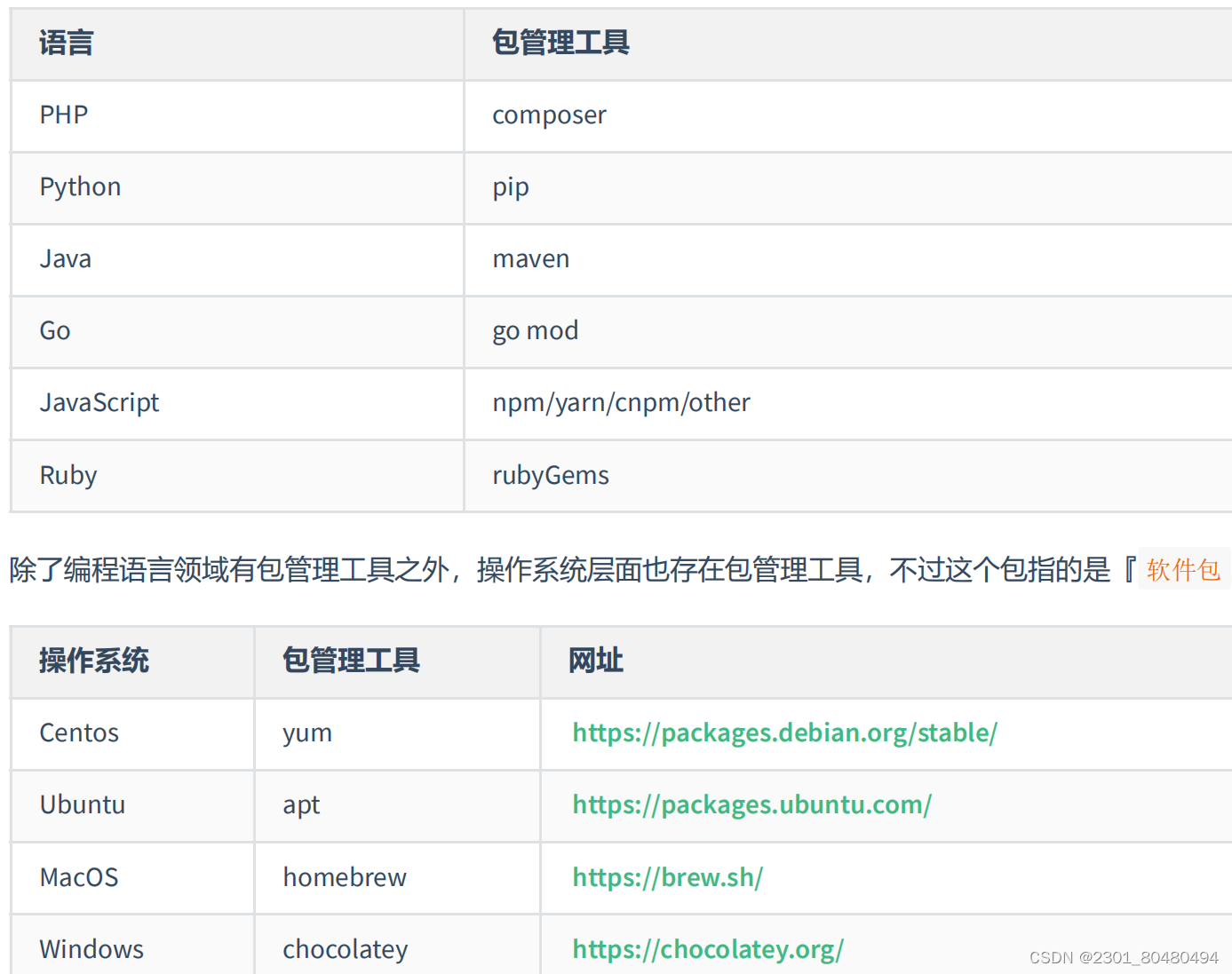
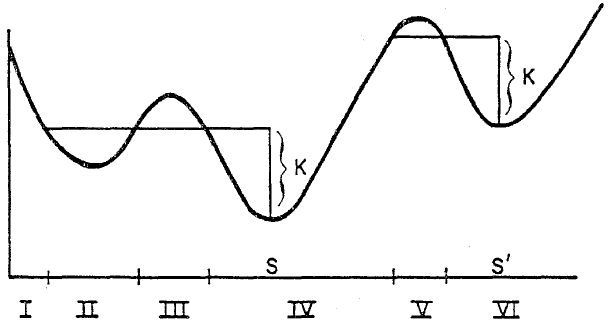
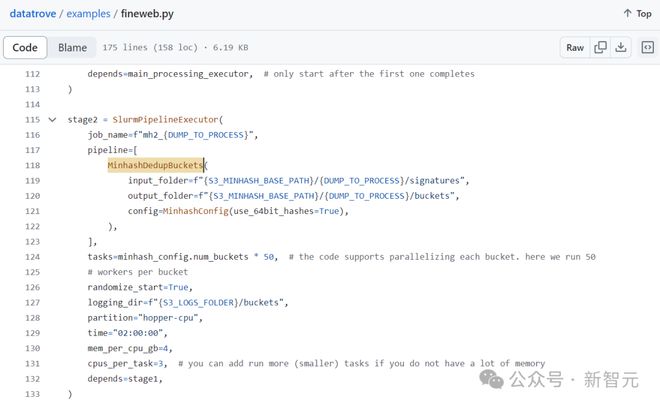


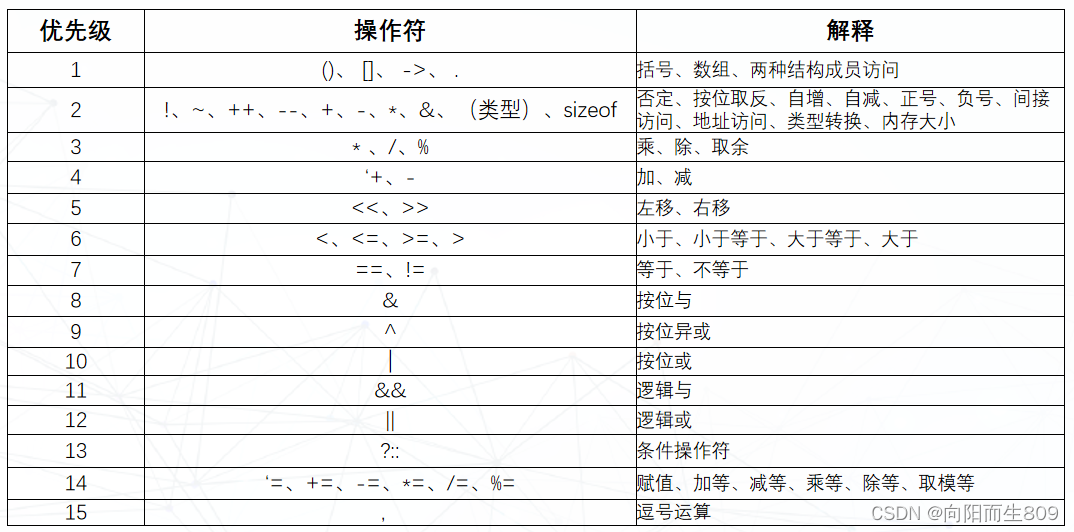

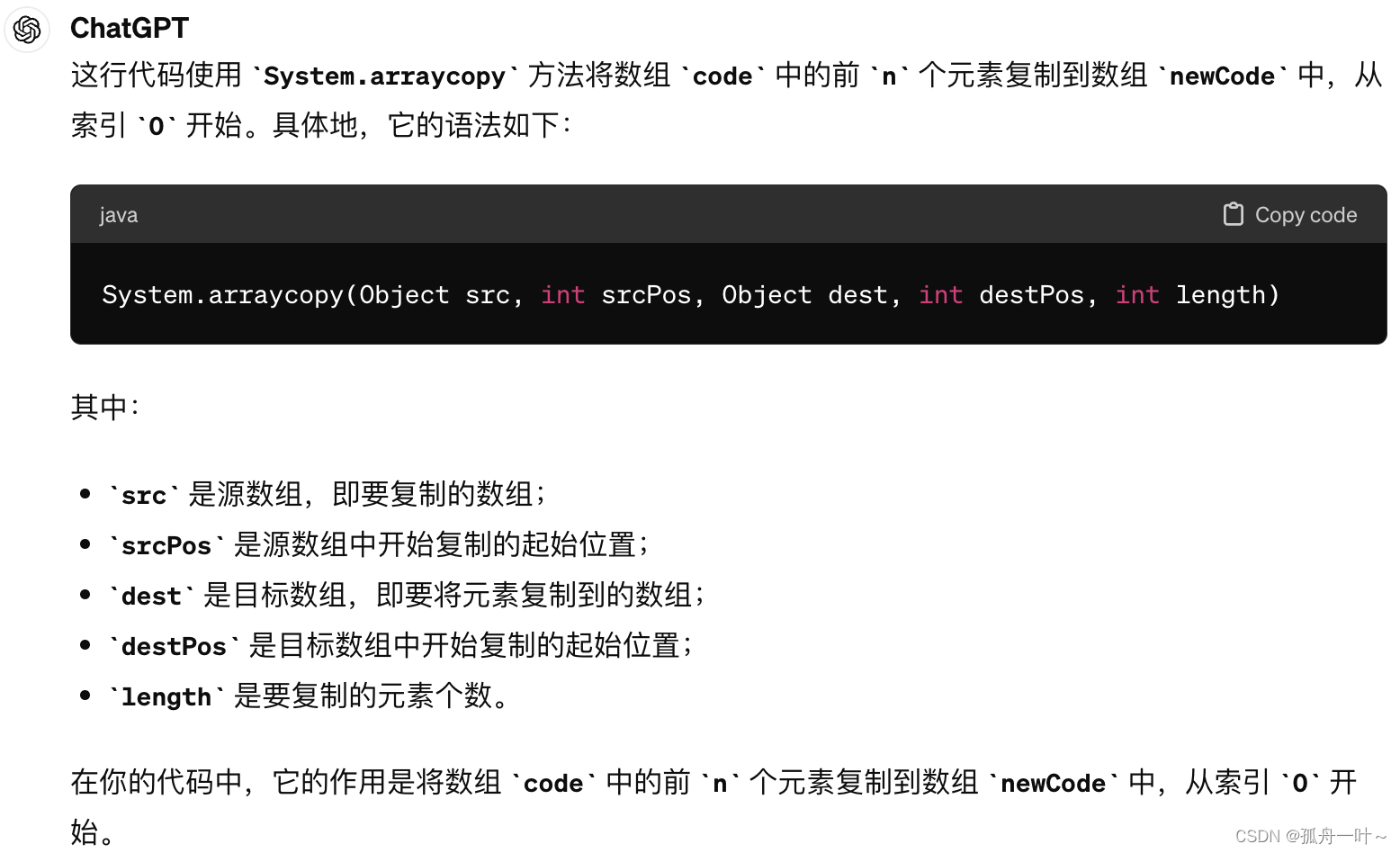


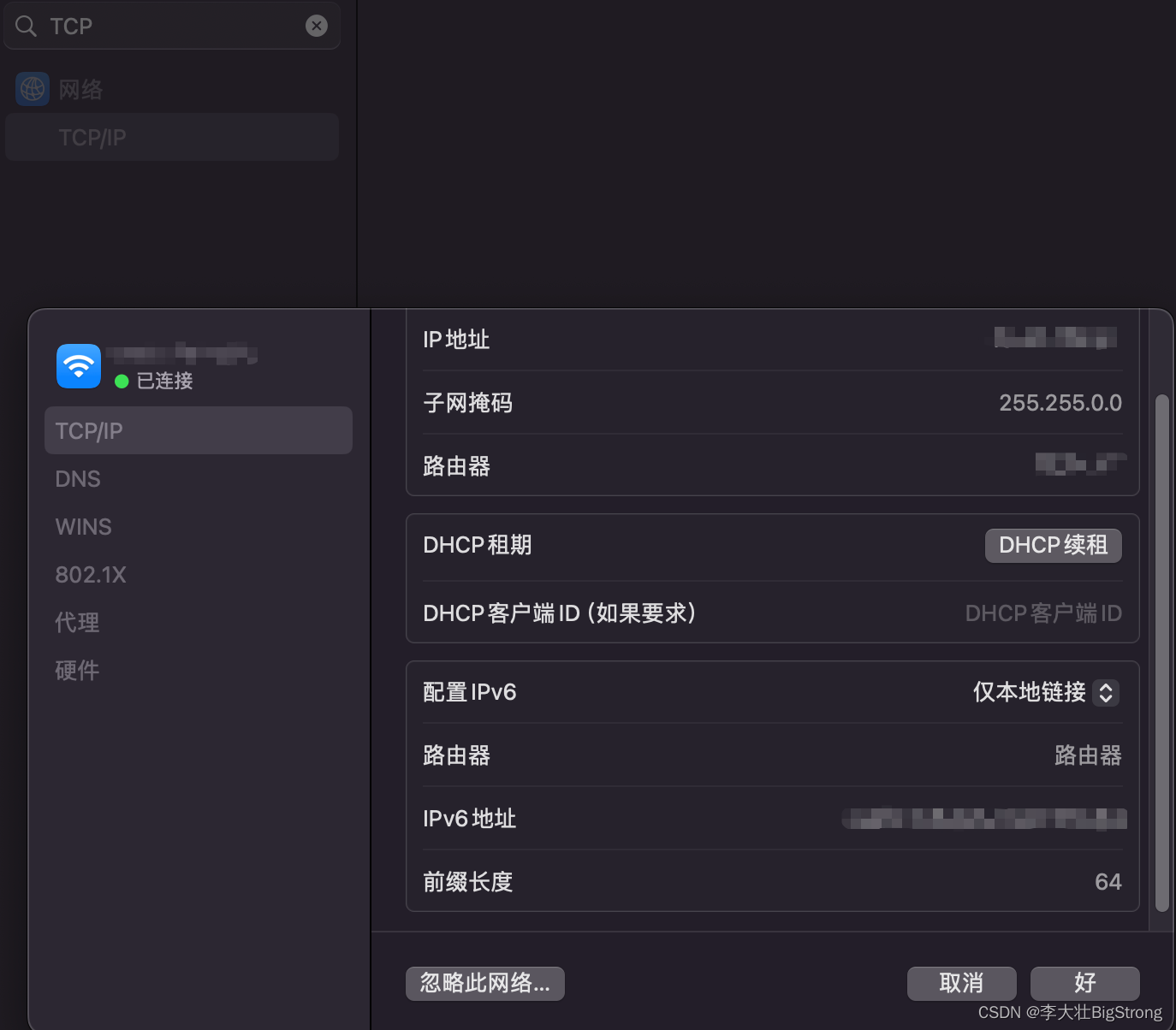

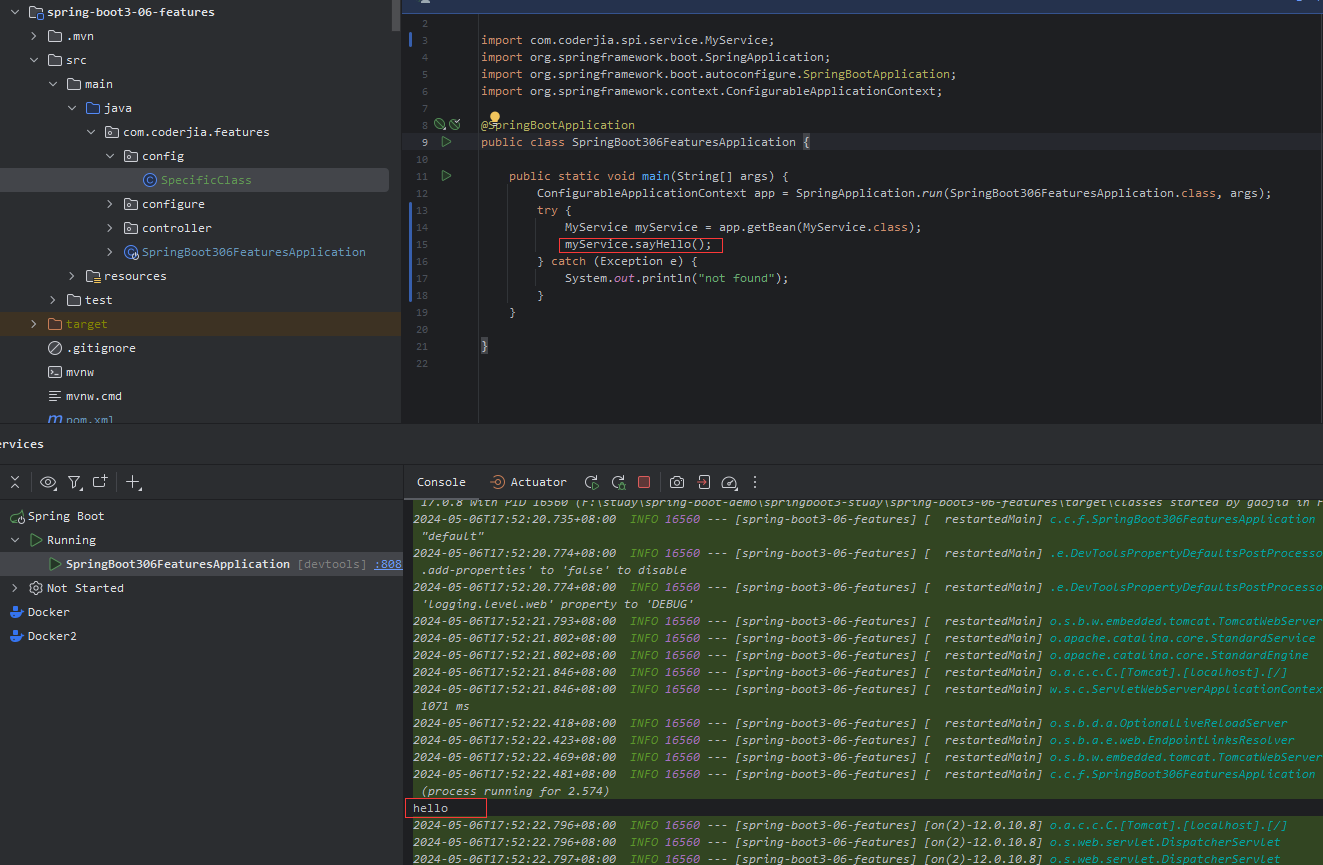
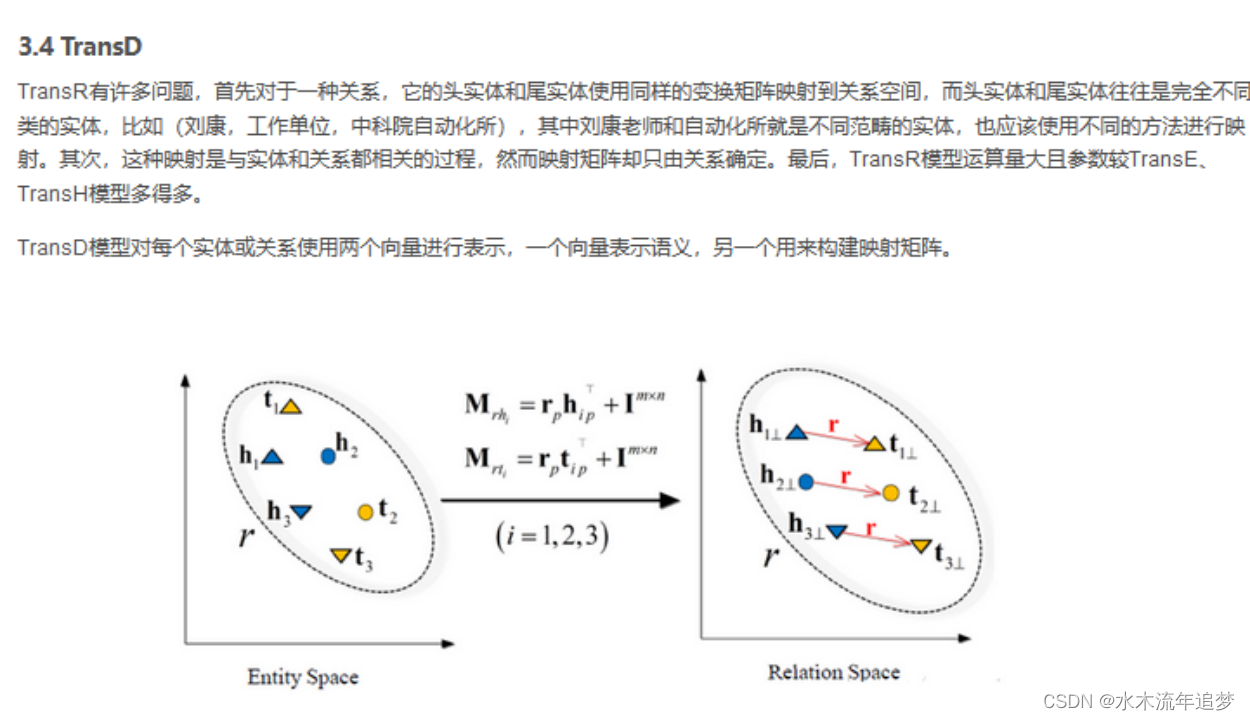
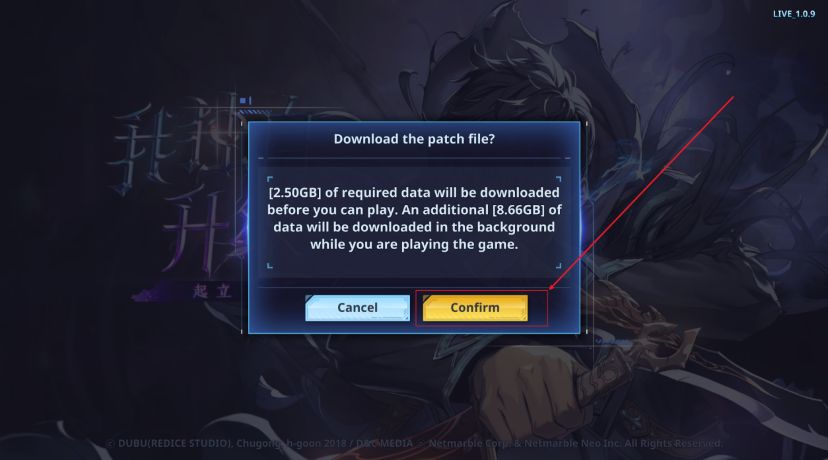
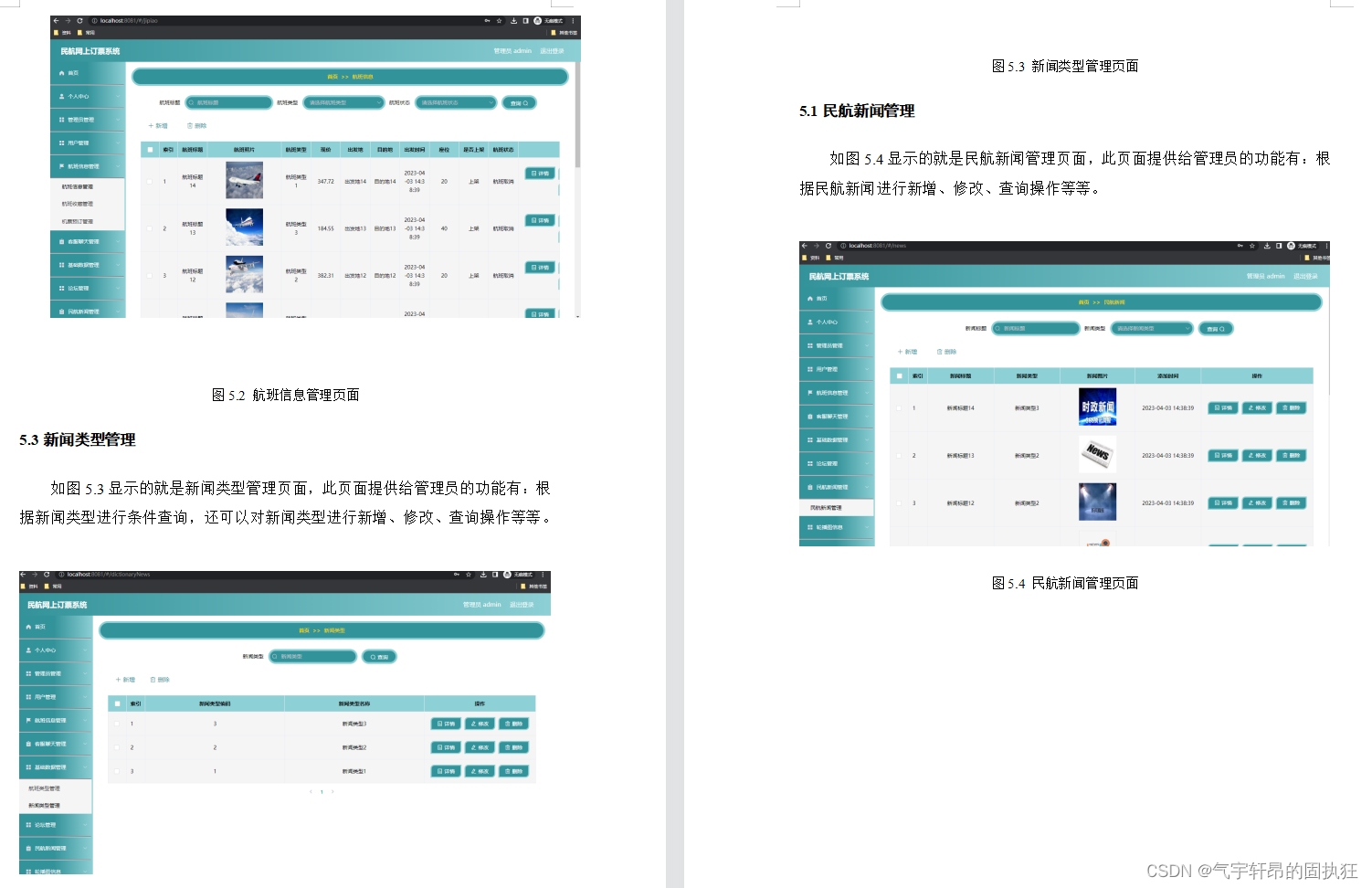
![【Osek网络管理测试】[TG3_TC1]Limphome复位_NM报文](https://img-blog.csdnimg.cn/direct/bb629041c7714bfd9a0ca34f2fe0c1a4.png)
